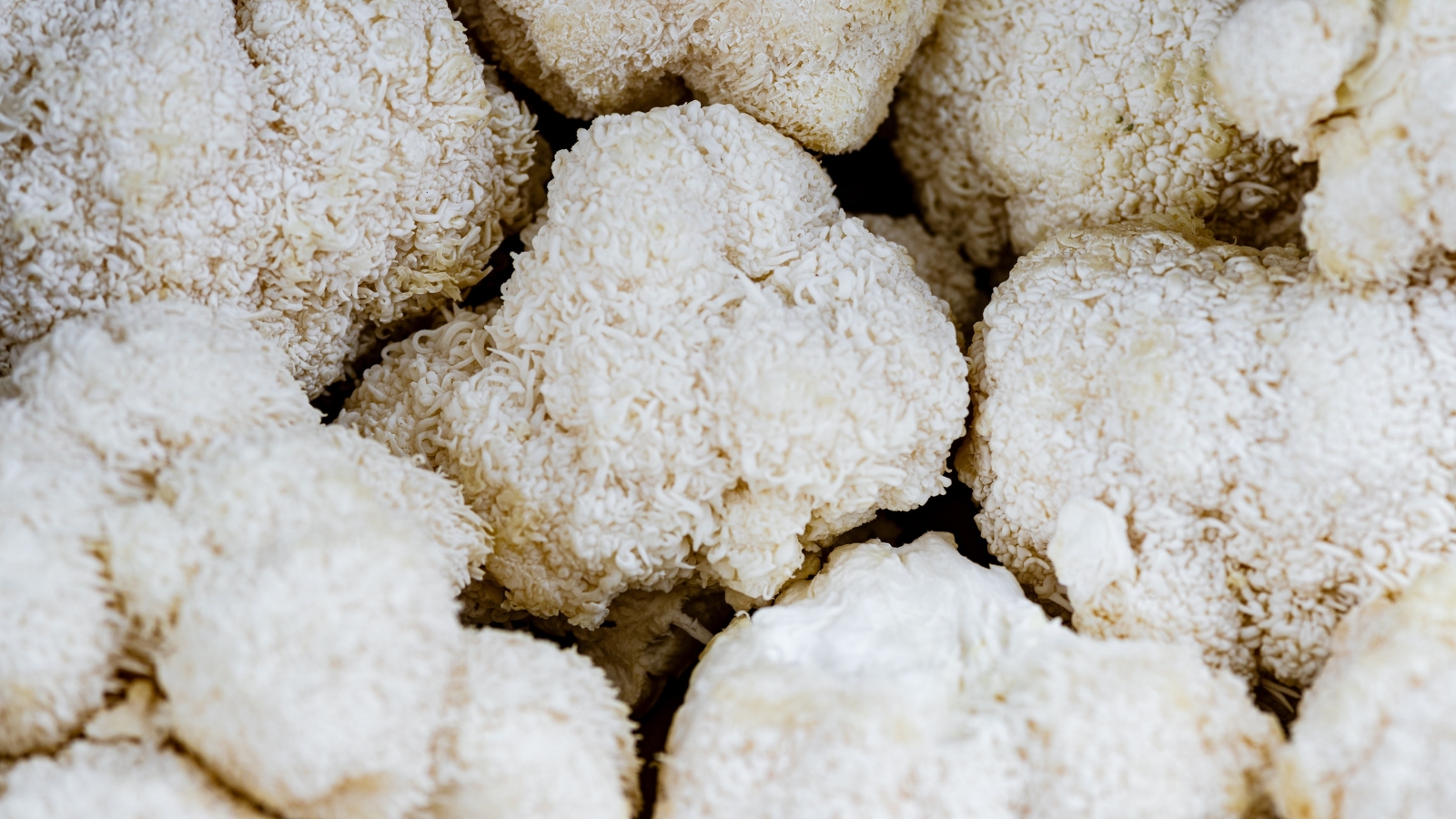Wellness
Philippines’ WTH Foods to Launch New Microalgae-Based Seafood Overseas
WTH Foods, a food tech startup based in the Philippines, has expanded into the plant-based seafood category with new frozen microalgae-based products enriched…

WTH Foods, a food tech startup based in the Philippines, has expanded into the plant-based seafood category with new frozen microalgae-based products enriched with Omega-3. The company, which already introduced its NPDs in the country, has plans to launch its vegan seafood products — crab cakes and plant-based tuna — in Europe and South East Asia, reported Food Navigator ASIA.
WTH Foods claims its new products use microalgae biomass to deliver seafood flavor and provide DHA and Omega-3. They are said to be clean-label, with microalgae and oil as the main ingredients, 100% fishless, without heavy metals or microplastic.
In January, the company launched Umani, a frozen plant-based meat brand made with microalgae, soy, and wheat proteins. The new seafood products join the Umami range, which includes sausages, meatballs, mince, a holiday ham roast, burgers, sisig (shredded meat), and tapa (cured meat).

Europe: clean-label
As the company plans to expand to completely different markets (Europe and South East Asia), it develops its seafood using ingredients attractive for each region.
For the European market, its R&D team will focus on clean-label, pea-based products targeting the rising demand for convenient (frozen) and healthy foods. And to stand out from other brands, it would probably add Asian flavors to its plant-based tuna.
A report by Data Bridge Market Research has predicted that the plant-based seafood market will grow with a considerable CAGR of 28.5% through 2029. It shows that Europe is currently dominating the plant-based seafood market driven by the rising popularity of veganism, along with environmental, health, and animal welfare. Europe’s latest alt seafood launches include vegan fish fingers in Germany and vegan sushi in Austria.

Asia: healthy is flavorless
For the Asian market, the company said that soy is still an acceptable source of protein. But for the Asian customer, deliciousness and flavor are essential for enticing customers — who usually think healthy foods are flavorless — said the Philliino company.
The Asian seafood market is also projected to grow significantly over the forecast period as the plant-based offer increases with products like Green Monday’s Onmi Seafood. Although, a GFI APAC study revealed that respondents will not compromise seafood’s taste and freshness, a challenge that alt seafood must overcome to win consumer repurchase.
At the time of the Umani launch, Carissa Lim, co-founder and CEO of WTH Foods, said: “We hope to raise awareness on nutrition, sustainability and food security, and find new ways to satisfy the population’s dietary protein requirements.”

Lion’s Mane Mushroom: History, Benefits, and Adaptogen Properties
Explore the intriguing world of Lion’s Mane Mushroom in our comprehensive guide. Dive into its unique properties, historical significance, and myriad health…
AI can already diagnose depression better than a doctor and tell you which treatment is best
Artificial intelligence (AI) shows great promise in revolutionizing the diagnosis and treatment of depression, offering more accurate diagnoses and predicting…
Reasons You should Get this: Neptune Wellness Solutions Inc (NASDAQ:NEPT), WeTrade Group Inc. (NASDAQ:WETG)
NEPT has seen its SMA50 which is now -9.28%. In looking the SMA 200 we see that the stock has seen a -92.25%. WETG has seen its SMA50 which is …
The…













